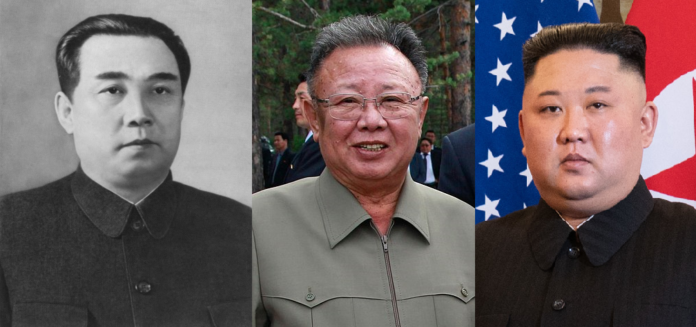In a historic and unexpected turn of events, North Korean leader Kim Jong Un has announced that North Korea will no longer pursue reunification with South Korea, a significant departure from decades of policy aimed at bringing the Korean Peninsula under Pyongyang’s control. This announcement marks a paradigm shift in the region’s geopolitics and could have far-reaching implications for both inter-Korean relations and broader international affairs.
The Korean Peninsula, once a unified entity, was divided into two separate states at the end of World War II. The Korean War, which followed, ended in 1953 with an armistice, leaving the North and South in a state of technical war. Since then, reunification has been a central, albeit differently approached, policy objective for both governments. In the North, this goal was often framed within the context of promoting a single, communist Korea, sometimes using aggressive rhetoric and military provocations.
Kim Jong Un’s decision to officially abandon reunification efforts signals a monumental shift in North Korea’s strategic objectives. This announcement could be interpreted as an acceptance of the status quo, suggesting a new phase in North Korea’s national policy where it seeks to stabilize and legitimize its regime. By focusing inward, Pyongyang might be aiming to address its internal economic challenges and consolidate its political power base.
The move may also be seen as a strategic maneuver in North Korea’s international diplomacy, particularly with key players like the United States, China, and South Korea itself. Renouncing reunification ambitions could be an attempt to reshape North Korea’s global image from that of an aggressive, unpredictable actor to a more status-quo-oriented state. This could potentially lead to eased tensions on the peninsula, and perhaps, a reduction in international sanctions linked to its nuclear program.
The implications of this policy change for South Korea and the wider international community are profound. South Korea, which has traditionally maintained a more conciliatory approach towards the North, may find itself recalibrating its own policies in response. The South Korean government’s efforts at fostering inter-Korean dialogue and cooperation could face new challenges, as the fundamental premise of eventual reunification becomes less clear.
Globally, this announcement will likely prompt a reassessment of foreign policy strategies towards the Korean Peninsula. The United States, a key ally of South Korea, may need to adjust its diplomatic and military approach in the region. Similarly, China, North Korea’s closest ally, could find this development aligns with its preference for regional stability and the status quo.
However, skepticism remains about the long-term intentions and reliability of North Korea’s declaration. Given the country’s history of unpredictable behavior and strategic about-faces, some analysts might view this announcement with caution, seeing it as a possible tactical ploy rather than a genuine policy shift.
Kim Jong Un’s proclamation that North Korea will no longer seek reunification with South Korea is a historic moment with potential to redefine the future of the Korean Peninsula. It could usher in a new era of stability and possibly open doors to unprecedented diplomatic engagements. However, the move also raises questions about the long-term intentions and stability of the regime, the future of inter-Korean relations, and the strategic recalibrations it necessitates among global powers. As the situation unfolds, the international community will be watching closely to see how this dramatic turn in policy plays out in one of the world’s most complex and volatile regions.
Image is licensed under the Creative Commons Attribution-Share Alike 4.0 International license and was created by Ентусиастъ.










